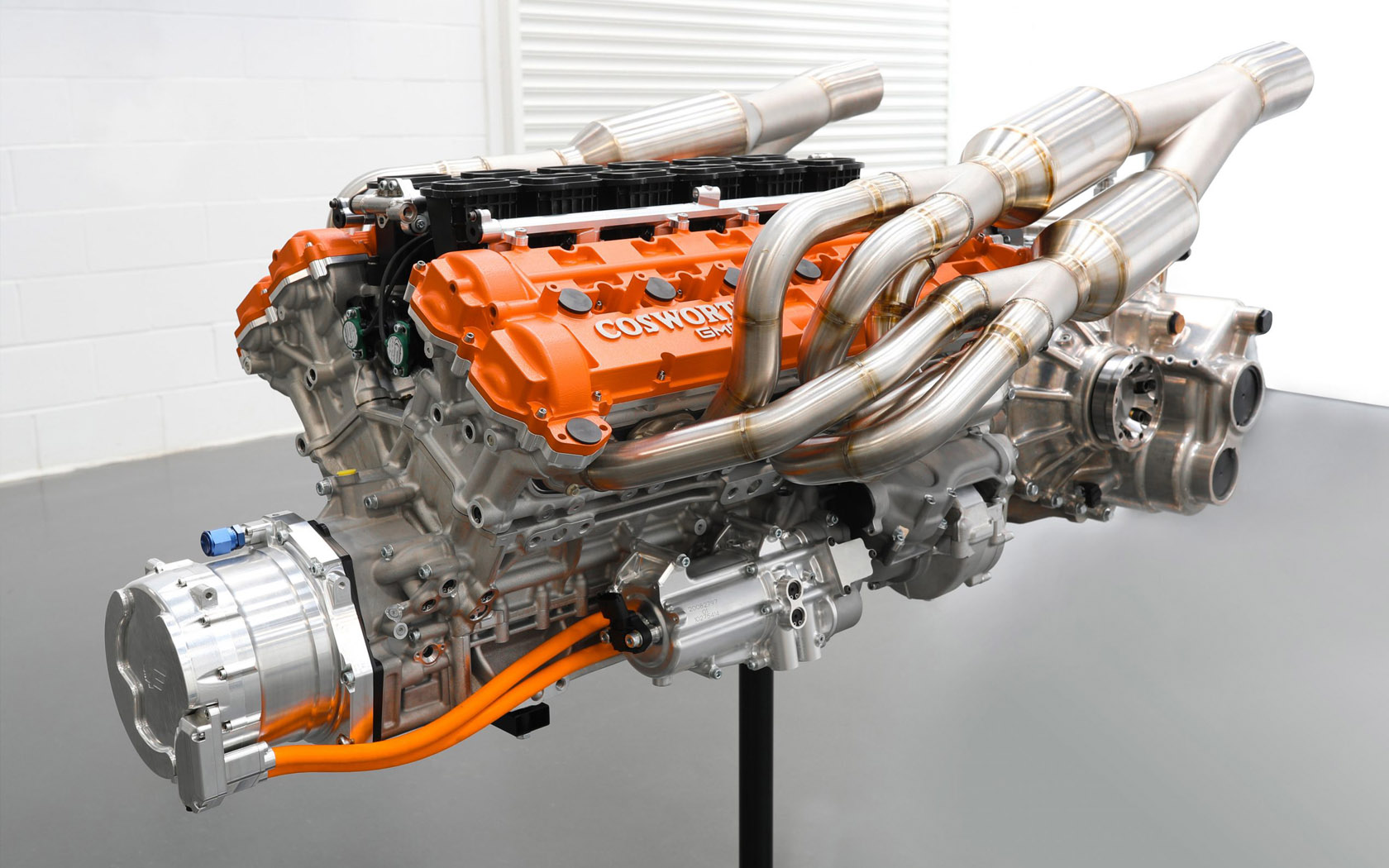A Total Guide to Choosing the Right Engine for Your Project
Picking the appropriate engine for your job is a vital decision that can substantially affect its general success. It is important to carefully define your job needs, evaluate efficiency needs, and consider user-friendliness together with other essential aspects. In addition, recognizing the community support readily available and looking at price effects can even more fine-tune your selection. Each of these aspects plays a critical role in making certain that your picked engine not just fulfills immediate purposes but also aligns with long-lasting aspirations. As we discover these considerations, you might discover that the nuances of each element reveal more than at first anticipated.
Define Your Task Requirements
Specifying your task requires is an important action in choosing the suitable engine for successful execution. A detailed understanding of your job's purposes will certainly guide you in recognizing the capacities and attributes called for from an engine. Begin by describing the extent of your project, consisting of the desired performance, target audience, and the particular results you intend to attain.
Next, consider the technological requirements that straighten with your project goals. This includes assessing the compatibility of the engine with existing systems, along with the shows languages and frameworks that will be used. In addition, assess the degree of scalability required to accommodate future development or modifications popular.
Spending plan restraints additionally play an important function in specifying your project requires. Develop a clear monetary framework to assist your decision-making procedure, ensuring that the engine chosen fits within your budget while offering the essential capability.
Evaluate Efficiency Needs

Following, consider the scalability of the engine. Analyze whether it can handle enhanced work as your job grows. Engines that support straight scaling are often better for bigger applications. In addition, review the engine's efficiency under various conditions, such as peak usage circumstances, to guarantee it meets your reliability standards.
Think About Simplicity of Usage
While technological requirements are essential, the ease of use of an engine can dramatically impact the advancement procedure and total project success. An intuitive interface, clear documents, and streamlined operations can considerably lower the discovering curve for programmers, enabling them to concentrate on imagination and problem-solving instead of coming to grips with complex tools.
When reviewing an engine's convenience of usage, consider the onboarding experience. A well-structured introduction, complete with tutorials and sample projects, can promote a smoother shift for new individuals. Furthermore, the clarity and comprehensiveness of the engine's documents play a vital function; extensive overviews and API references can empower developers to repair and apply attributes effectively.
An engine that permits for simple alterations can be much more straightforward, as developers can customize it to fit their particular requirements without extensive headache. Ultimately, picking an engine that focuses on ease of use can lead to an extra pleasurable and efficient advancement experience.
Assess Neighborhood and Assistance
The stamina of an engine's area and support network can considerably affect a designer's experience and success. A vivid community frequently indicates a wealth of common expertise, resources, and repairing assistance that can improve your task's growth procedure. When analyzing an engine, take into consideration the size and task visit this page degree of its neighborhood. Larger communities typically use more discussion forums, tutorials, and third-party plugins, allowing designers to discover solutions extra efficiently.
Additionally, review the availability of main assistance channels. Reliable documentation, responsive consumer assistance, and normal updates are vital for attending to technological issues and keeping your job on the right track. Engines For Africa. Energetic areas additionally cultivate cooperation, supplying opportunities for networking and comments, which can be indispensable, particularly for independent developers or tiny teams
Furthermore, explore the visibility of community-run occasions, such as meetups or hackathons. These gatherings can enhance your understanding of the engine while linking you with skilled users and potential partners. In recap, a robust area and assistance system not only improve advancement however additionally create an atmosphere for discovering and advancement, inevitably improving the chance of your job's success.
Compare Price and Licensing Options
Spending plan factors to consider play a critical role in picking the best engine for your task, as the price and licensing options can significantly influence both temporary expenditures and lasting viability. Engines For Africa. visit the site Various engines use varying pricing structures, which can consist of one-time acquisition costs, membership designs, or revenue-sharing agreements based upon your job's profits

Certifying choices also vary significantly. Some engines are open-source, providing flexibility and community-driven assistance, while others may need proprietary licenses that limit usage and circulation. Recognizing the ramifications of each licensing version is important, as it impacts ownership legal rights, future scalability, and potential lawful responsibilities.
Verdict
Finally, selecting the suitable engine for a job demands a thorough analysis of specified task demands, performance requirements, ease of use, neighborhood assistance, and price considerations. By systematically resolving these critical variables, decision-makers can make certain alignment with both present and future task demands. A knowledgeable choice eventually improves the probability of task success, making it possible for efficient resource allotment and making best use of possible outcomes within the defined monetary constraints.
Selecting the appropriate engine for your task is a vital choice that can considerably affect its total success.Specifying your project requires is an important action in picking the ideal engine for successful implementation. A detailed understanding of your project's objectives will lead you in recognizing the capabilities and functions needed from Learn More Here an engine.When you have a clear understanding of your job requires, the next step is to assess the efficiency needs of the engine.In final thought, selecting the proper engine for a task requires an extensive assessment of specified job needs, performance demands, simplicity of usage, area support, and cost considerations.